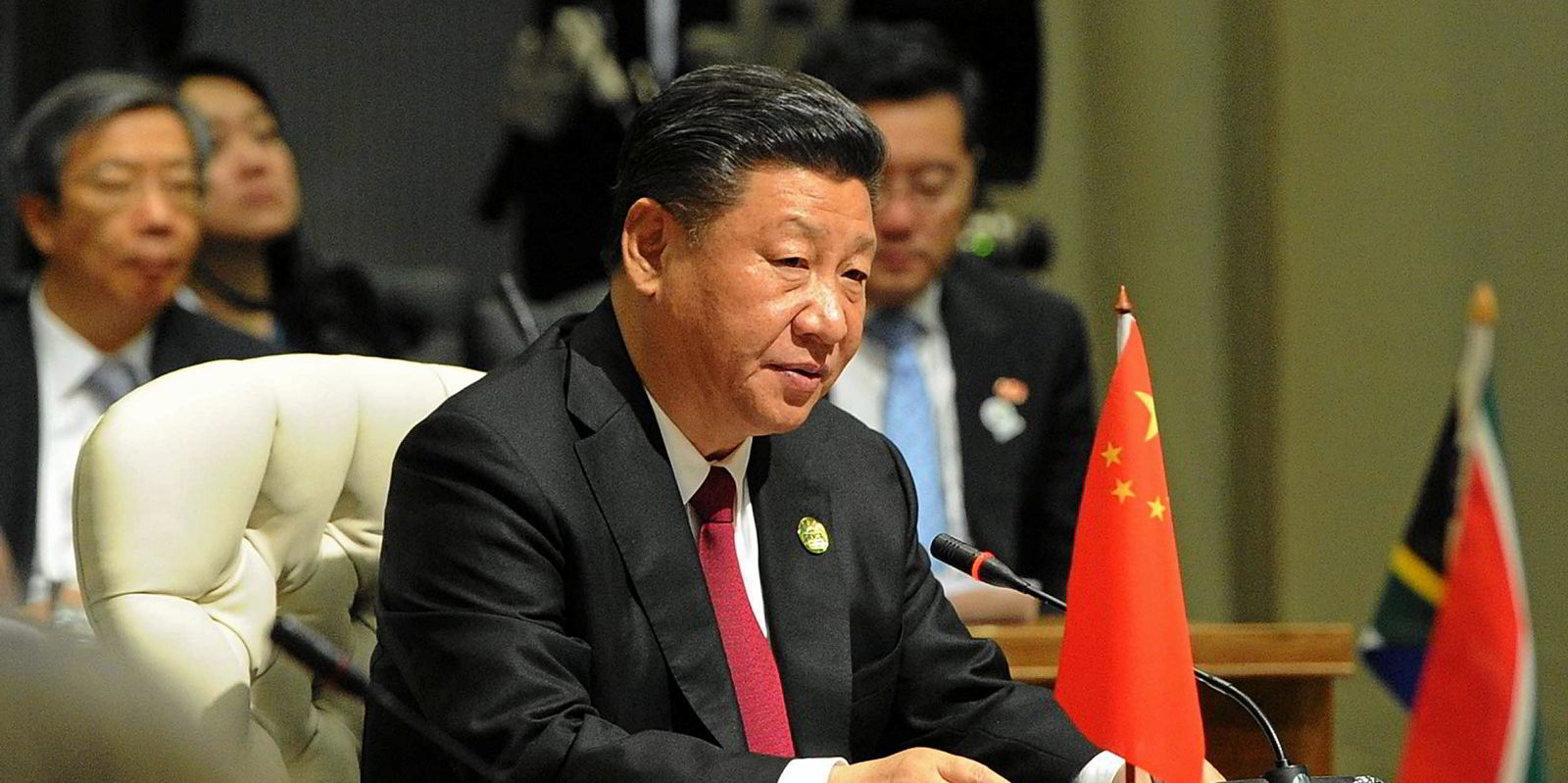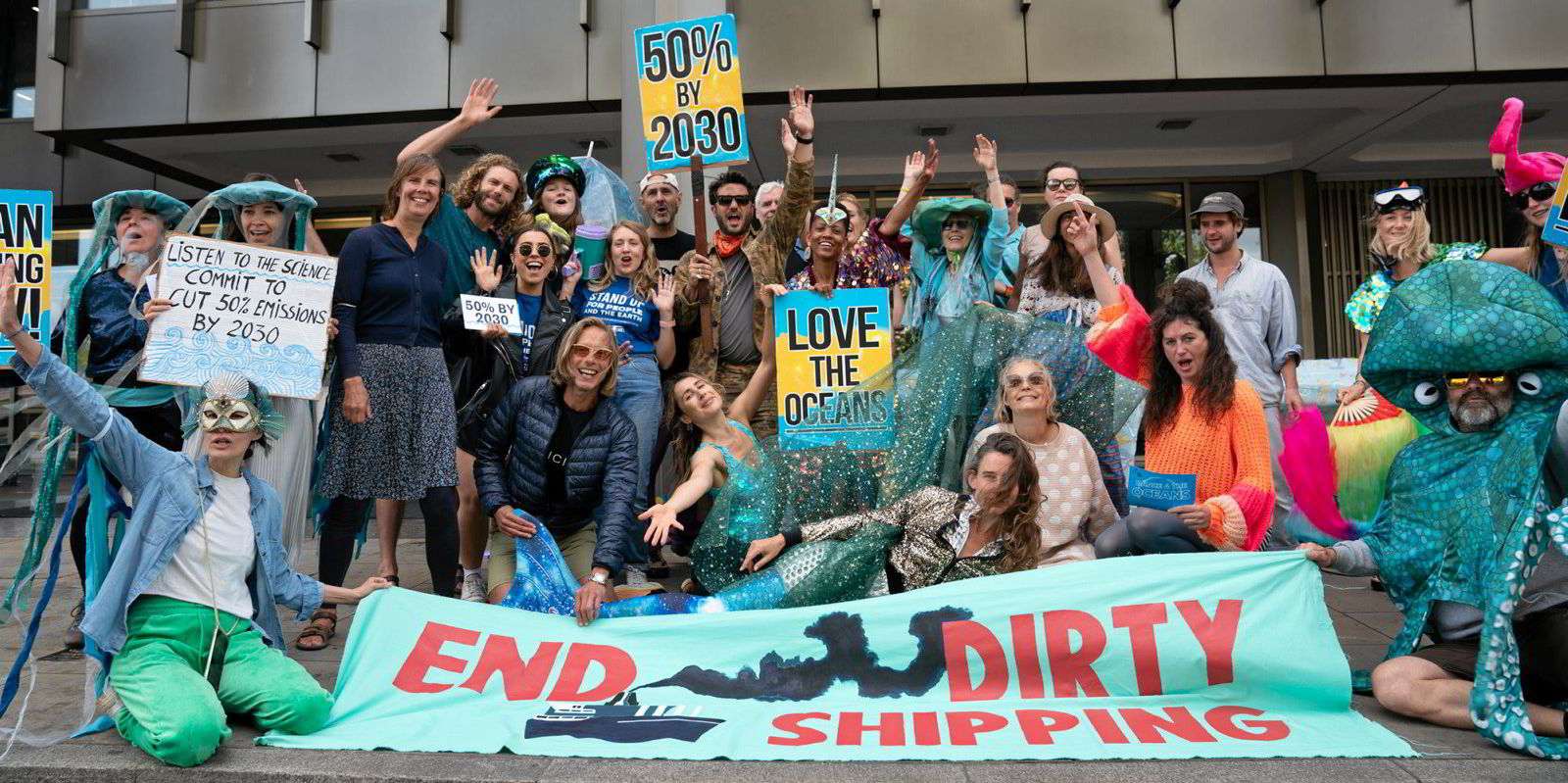China is asking poorer countries to oppose a tax on shipping emissions ahead of a crucial International Maritime Organization meeting this week.
A diplomatic note seen by the Financial Times urges developing nations to reject stronger targets for decarbonising the sector.
The lobbying effort comes days after France brought 22 allies together behind the emissions levy.
In the note, China warned that “an overly ambitious emission reduction target will seriously impede the sustainable development of international shipping, significantly increase the cost of the supply chain and will adversely impede the recovery of the global economy”.
It added: “Developed countries are pushing the IMO to reach unrealistic visions and levels of ambition. [They are advocating] a flat [levy that] will lead to a significant increase in maritime transport costs.”
China’s note called for any revenues generated by IMO regulations to be invested “in-sector”, arguing that wider use of these funds would transfer “the climate change financing responsibility from developed countries to . . . international shipping”.
China is against the 2050 target for net zero emissions.
The government wants instead “net zero GHG emissions from international shipping around mid-century”.
The note said a levy was “a disguised way by developed countries to improve their own market competitiveness”.
TradeWinds has reported that green groups believe the IMO is not going far enough, however.
The draft text generated by an IMO working group is not aligned with halting global temperature rises at 1.5C, according to researchers and environmental groups tracking the negotiations.
Consultancy UMAS said the United Nations shipping regulator made “little headway” at meetings on Friday in preparation for a critical meeting of the Marine Environment Protection Committee this week.
Opinions split
Brazil, Argentina and South Africa have also opposed the carbon tax, which they argue would hike export costs for commodities.
Poorer nations have differing views on the issue.
The Marshall Islands, which fears rising sea levels, has argued for a levy of $100 per tonne,
Albon Ishoda, the country’s ambassador to the IMO, has expressed concerns that the level of “polarisation has become unhelpful”, the Financial Times reported.





